Circular Caribbean Cities
It is possible to prevent plastic waste from reaching the sea and polluting marine ecosystems in the Caribbean, if different actions are taken from the cities and if all sectors, such as citizens, the private sector, and central and local government authorities, participate.
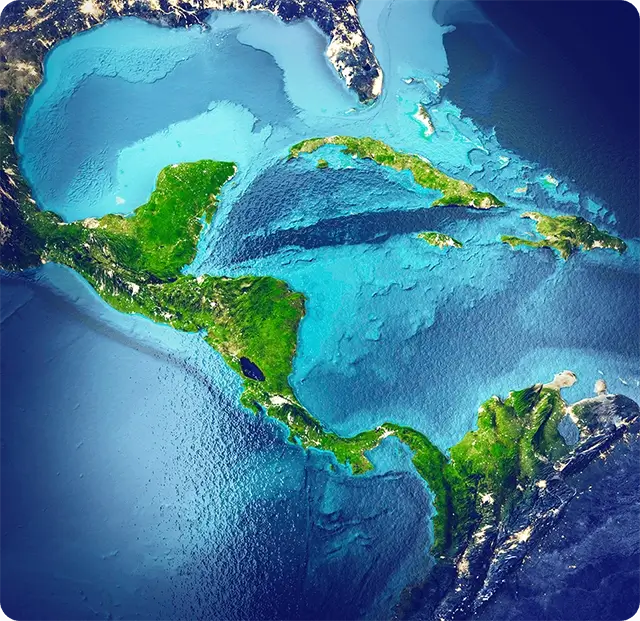
Pollution by plastic waste in the sea originates, to a large extent, from cities. On the Caribbean coasts of Mexico, Belize, Guatemala, Honduras and the Dominican Republic, as well as in other countries around the world, this reality is generated for reasons such as: unsustainable consumption habits, failure to reduce the consumption of single-use plastics, inadequate disposal of plastic waste, lack of or non-compliance with regulations, few alternatives for correct final disposal, persistence of plastic packaging that cannot be recycled, as well as lack of knowledge on how to handle plastic waste.
Half of all plastic waste comes from packaging that has often been used only once.
Plastic waste contributes to the deterioration of terrestrial, aquatic, and marine ecosystems, such as the Caribbean Sea, where the Dominican Republic is located, and the Mesoamerican Reef, shared by Mexico, Belize, Guatemala and Honduras, which constitutes the second largest coral reef in the world and therefore performs numerous functions of particular importance for people and nature.
In order to preserve these ecosystems and their associated services, it is necessary to reduce plastic waste and prevent its discharge into the sea and thus avoid the enormous costs involved in its disposal.
Being a problem that generates an impact at the regional level, coordinated efforts are required in the countries and their different sectors, such as society, companies, academia and government. It is necessary to promote a change in our actions, through the awareness and involvement of these sectors, to prevent terrestrial, aquatic, and marine pollution by plastics.
Will you join us and contribute to prevent plastic pollution in the Caribbean Sea?

About Circular Caribbean Cities
About Circular Caribbean Cities
Circular Caribbean Cities is a one-year communication campaign, led by the World Wildlife Fund (WWF Mesoamerica) and the Circular Caribbean project, with the support of different organizations. It seeks to raise awareness among all sectors that can take actions to prevent plastic pollution in the Caribbean Sea, especially in cities in Mexico, Belize, Guatemala, Honduras and the Dominican Republic.
More than addressing temporary solutions, the campaign focuses on demonstrating the different root solutions that are necessary to address a problem such as plastic waste pollution. In addition, it focuses its efforts on actions that contribute to the conservation of natural resources in the long term.
We hope that with this campaign we will achieve the integration of efforts from different sectors. For this campaign, linked to the Circular Caribbean project and which focuses on the participation of cities, the name «Cities of the Circular Caribbean» was chosen.
At each stage the approach will be as follows
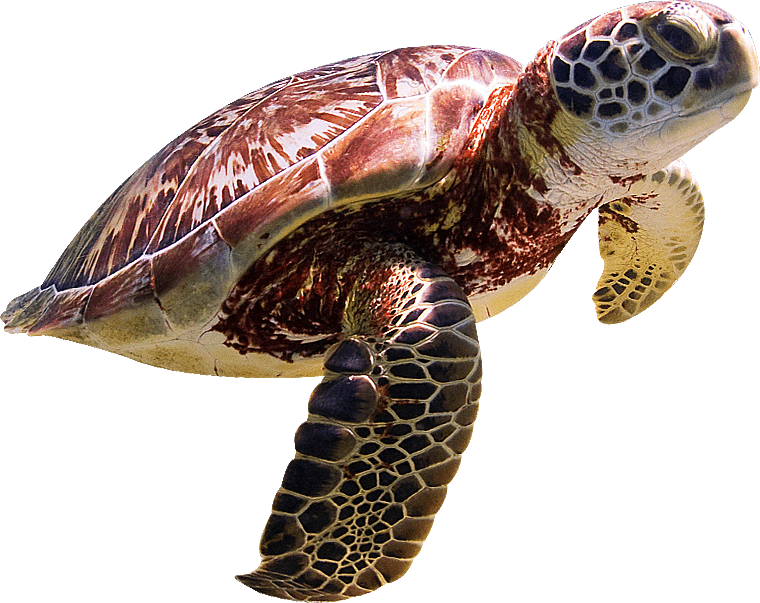
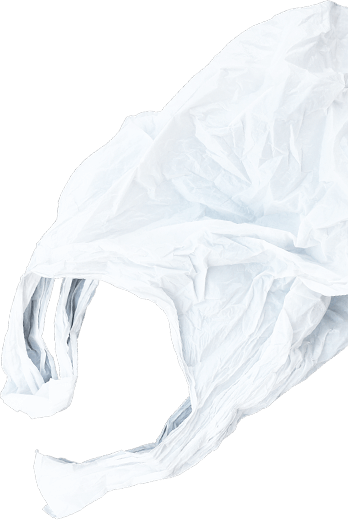

How do you deal
with the problem?
Acompáñanos a descubrir la importancia de tomar acciones de raíz para abordar la problemática de residuos sólidos, en especial de plásticos, haciendo énfasis en que se necesitan distintas acciones para una solución integral, en lugar de acciones.

Who should
face the problem?
You play an important role in addressing the problem of plastics in nature. The solution is individual, but collective action and the contribution from different sectors are relevant: governments, municipalities, companies and citizens. At this stage, you will be able to learn more about the role of each one.

When to face
the
problem?
Nobody wants to see more plastics in our Caribbean Sea. The time to act is today. It is urgent to take actions that last in the long term, but the time to carry them out is now, due to the consequences that this problem is causing and may continue to cause in the future.
Participate
We all have a part of the solution to prevent plastic waste from reaching the Caribbean Sea. Here are some ideas for you to join and contribute:

As a citizen:
- Consume smart. Avoid plastics that you will use only once and learn about which plastics can be recycled in your area and which ones cannot.
- Find out which regulations there are at the municipal and national level.
- Find out what alternatives exist near you to make an adequate final disposal for plastic waste.
- Classify the waste from your home or workplace at least in organic, disposable and recyclable.
- Support the authorities that are taking actions to facilitate the proper management of plastic waste.
- Contribute by paying for the municipal waste collection service in cities where the municipality requires this payment.
- In the next votes where you participate to elect local and national authorities, consider those who submit proposals to help prevent plastic pollution in nature.
- Your positive action does have an impact, so don’t stop taking it.
- Invite and motivate others to take action.

If you have a company or are part of one:
If you have a company or are part of one:
- Consume smart. Avoid plastics that you will use only once and learn about which plastics can be recycled in your area and which ones cannot.
- Find out which regulations there are at the municipal and national level.
- Find out what alternatives exist near you to make an adequate final disposal for plastic waste.
- Classify the waste from your home or workplace at least in organic, disposable and recyclable.
- Support the authorities that are taking actions to facilitate the proper management of plastic waste.
- Contribute by paying for the municipal waste collection service in cities where the municipality requires this payment.
- In the next votes where you participate to elect local and national authorities, consider those who submit proposals to help prevent plastic pollution in nature.
- Your positive action does have an impact, so don’t stop taking it.
- Invite and motivate others to take action.

If you are part of a municipal government:
- Place infrastructure for the proper final disposal of non-recyclable and recyclable plastics that are easily accessible to citizens.
- Make sure you improve plastic waste management for your city by having well-managed landfills, efficient toilet trains, and respecting what the consumer has previously separated, among others.
- Provides education on the subject to citizens to generate change of habits in the population.
- Widely communicate municipal regulations for the final disposal of plastic waste.
- Promote compliance with current legislation and regulations.
- Find out about other solutions that other municipalities in your country or in the world have taken to reduce single-use plastic.
- Support the binding global treaty to stop plastic pollution.
- Your positive action does have an impact, so don’t stop taking it.
- Invite and motivate others to take action.

If you are part of a central government:
If you are part of a central government:
- Promote compliance with current legislation and if it does not exist, promotes legislation related to avoiding pollution by plastics in the sea
- Widely communicate national and municipal regulations for the final disposal of plastic waste
- Support municipalities in their management of plastic waste
- Discourage the import or production of plastic materials that cannot be recycled or that hinders its proper final disposal.
- Encourages companies or industries that propose effective and efficient solutions for the proper final disposal of plastic waste
- Find out about other solutions that other governments around the world have taken to reduce single-use plastic
- Support the binding global treaty to stop plastic pollution
- Your positive action does have an impact, so don’t stop taking it
- Invite and motivate others to take action
Webinars

Voting
We invite you to participate in our polls on different topics related to this project

Materials
Circular Caribbean Cities is a campaign that seeks to get you involved. Take action and participate in the spaces for discussion and interaction that we have available:
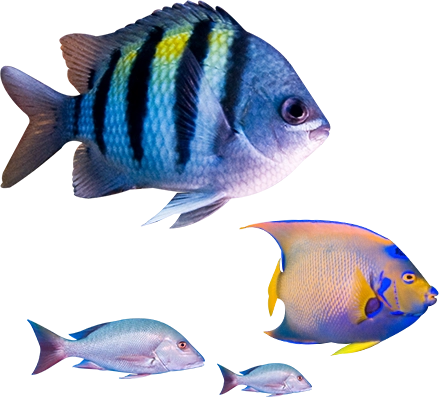
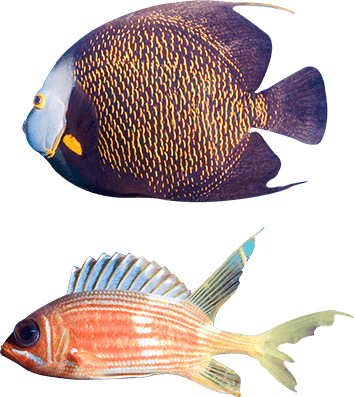
Contact
©Derechos reservados 2023 by WWF | Términos y condiciones | Política de privacidad
